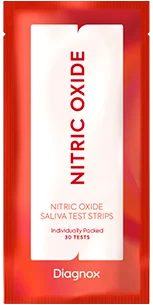Stool tests can be obtained through various channels depending on your preference. You can request a stool test from your doctor or a medical clinic if you’re experiencing symptoms or need routine screening. They typically provide a collection kit for you to use at home, which is then sent to a lab for analysis.
Many pharmacies also offer over-the-counter stool test kits, such as those for detecting blood in the stool or other gastrointestinal issues. You can purchase these kits directly and follow the instructions to send the sample to a lab.
Another convenient option is purchasing at-home test kits online from companies like Diagnox. These kits allow you to collect the sample at home and mail it to a lab, making the process simple and private.
In addition, some specialty diagnostic labs offer stool test kits directly through their websites, providing options for testing gut health, microbiomes, or colon cancer screening. Whichever method you choose, make sure to select a reliable, accredited service with clear instructions for sample collection and submission. If in doubt, consulting with a healthcare professional can help guide your decision.
Learn more about the different kinds of stool tests available through this blog.

Urinalysis strip (dipstick) is a narrow plastic strip which has several square-shaped pads of different colors attached to it. Each small pad represents a component of the test used to interpret urinalysis. When dipped in the urine, pad colors change in response to the chemical characteristics of the urine. The color changes are noted at specific time intervals and compared against the reference color chart/key.




































































.webp)










.webp)




